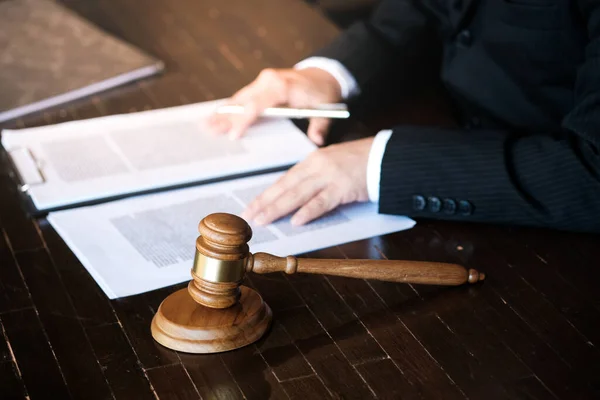The legal industry is one of the oldest and most traditional industries in the world. However, with the advent of technology, the industry has been undergoing a transformation, and blockchain technology is one of the latest innovations that is being considered for use in the legal practice. Blockchain technology is a distributed ledger technology that allows for the creation of a transparent and secure digital record of transactions. Its potential to revolutionize the legal industry is immense, and in this article, we will explore the role of blockchain technology in legal practice.
Smart Contracts
One of the most significant applications of blockchain technology in legal practice is the use of smart contracts. A smart contract is a self-executing contract with the terms of the agreement between buyer and seller being directly written into lines of code. The code and the agreements contained therein exist on a blockchain network and can be enforced automatically without the need for intermediaries such as lawyers or courts. Smart contracts are transparent, efficient, and provide a high level of security, making them an attractive option for legal practice.
Document Management

Blockchain technology can also be used for document management in legal practice. The technology can be used to create a tamper-proof record of documents, ensuring their authenticity and integrity. This can be particularly useful in the case of legal documents, where the authenticity of the document is critical. Blockchain technology can also be used to create a secure and transparent chain of custody for documents, making it easier to track the document’s movement and ensure that no unauthorized changes are made.
Identity Verification
Identity verification is another area where blockchain technology can be applied in legal practice. The technology can be used to create a decentralized identity verification system that is secure, transparent, and efficient. This can be particularly useful in the case of online legal transactions, where the identity of the parties involved must be verified before the transaction can be completed.
Dispute Resolution
Blockchain technology can also be used for dispute resolution in legal practice. The technology can be used to create a transparent and secure record of all the transactions and interactions between the parties involved in a dispute. This can help to reduce the time and cost involved in resolving disputes and can make the process more efficient and fair.
Blockchain technology has the potential to transform the legal industry by providing transparency, security, and efficiency. It can be used for smart contracts, document management, identity verification, and dispute resolution. However, the adoption of blockchain technology in legal practice is still in its early stages, and there are several challenges that must be overcome before it can be widely adopted. Nevertheless, the potential benefits of using blockchain technology in legal practice are immense, and it will be interesting to see how the technology develops in the coming years.

